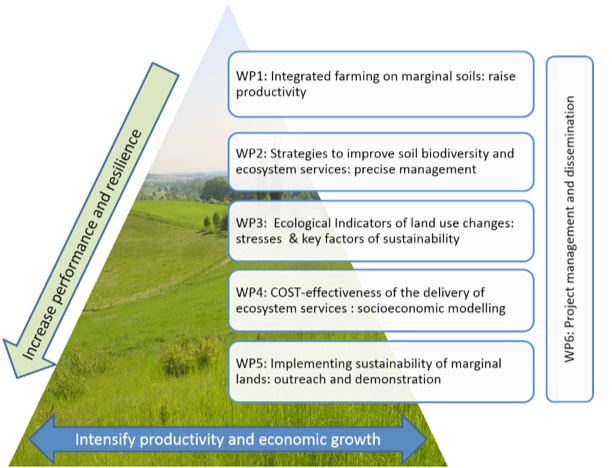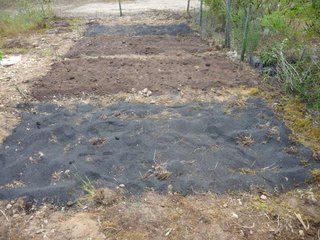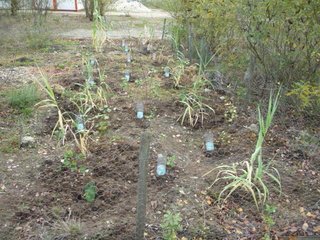INTENSE
Intensify production, transform biomass to energy and novel goods and protect soils in Europe (INTENSE)
Soil is a limited resource and its health is critical for any sustainable development. In areas where soils are poor due to their geological history, poor in content of organic matter or frequently affected by drought, agricultural productivity may be low.
Moreover, past and present anthropogenic activities have resulted in degradation and contamination of agricultural soils. Given the large areas of land which can be considered degraded, a huge opportunity in developing and implementing practices aimed at restoring the production potential exists.
Such a restoration could be a major contribution to open up for increased production of food, bioenergy and other ecosystem services from agricultural land. Yields from such areas would likely bring around 10 million tons grains onto the market.
Objectives of the INTENSE project
- Determine and harmonize methodologies for identifying and recovering degraded soils of specific degradation status;
- Develop and optimize novel cropping systems, using precision agriculture and modeling tools, which are capable of increasing productivity, increasing soil life and functionality and making use of specific amendments, to suppress pathogens and fertilize soils;
- Develop and implement suitable production systems applicable for land amelioration in complex degradation situations and, finally;
- Develop and implement sustainable and financially attractive production alternatives for production on recovered farmland.

RESULTS AND KEY FINDINGS
Field experiments were the project core and performed by each partner. Fertility and productivity of soils were enhanced by various amendments (manure, biochar and compost pellets). Yield and growth characteristics were recorded by remote and proximal sensing. Data will be used in the final analysis to implement models. Soil organisms were analyzed based on the functionality of microbial groups, to unravel key processes responsible for soil fertility and resilience.
Models are developed to show the economic impact of ecosystem services from farming by soils, with examples from Spain, Germany, Poland and Norway. Guidelines for the treatment of contaminated soils were developed and published. The beneficial influence of soil amendments for reducing contaminant exposure and/or promoting crop yield and plant performance was revealed. Increasing yield of 20 % is possible.
Several papers are published related to INTENSE, but results from field studies and greenhouse experiments will be published during the spring of 2019.
KEY PUBLICATIONS
- Schröder, Peter, et al. "Intensify production, transform biomass to energy and novel goods and protect soils in Europe—a vision how to mobilize marginal lands" Science of The Total Environment 616–617 (2018): 1101-1123.
- Mench, Michel, et al. "Phytomanagement of Cu-contaminated soils by high yielding crops at a former wood preservation site: sunflower biomass and ionome, and remediation of soil functions." Frontiers in Ecology nd Evolution 6 (2018): 123.
- Marmiroli, Marta, et al. "Structural and functional features of chars from different biomasses as potential plant amendments". Frontiers in plant science 9 (2018):1119.




Coordinator
Dr. Arne Sæbø
NIBIO (Norwegian Institute of Bioeconomy Research), Norway
Email: arne.sabo@bioforsk.no
Project partners
- Helmholtz Zentrum Muenchen GmbH, Germany
- Warsaw University of Life Sciences, Poland
- INRA (National Institute of Agronomic Research), France
- Hasselt University, Belgium - Flanders
- CIEMAT, Spain
- Martlhof am Tegernsee, Germany
- Universita' degli Studi di Parma, Italy
Total Funding: 1.967.000 €